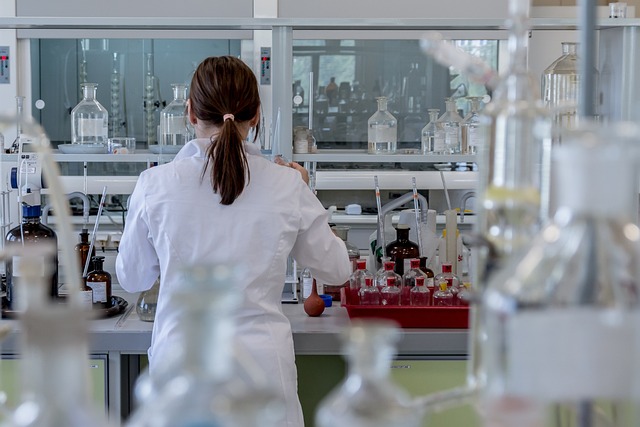Last week, the lowest number of deaths from COVID-19 was recorded since the first days of the pandemic, highlighted this Wednesday by the World Health Organization, which, in turn, warned that in some countries “serious peaks” of cases continue to be recorded. cases, a situation that puts pressure on hospitals.
This circumstance leads to a considerable decrease in the number of tests to detect the disease and compromises the "ability to control its trends," the director of the UN agency told reporters in Geneva.
Tedros Adhanom Ghebreyesus, head of the UN agency, reiterated the need to increase the number of tests and sequenced samples so that scientists can track existing variants and identify new ones as they emerge.
"There are currently a series of Omicron lineages that we are closely following, including BA.2, BA.4 and BA.5 and another recombinant that has been detected, composed of BA.1 and BA. .2," he said.
The BA.4 and BA.5 variants have been reported in several countries, including South Africa and some European nations, reported the Organization’s chief epidemiologist, Dr. Maria Van Kerkhove.
"So far there are less than 200 sequences available and we hope this will change (...) We are following (the virus) very closely to see if there is any rebound in the detection of cases, but (at the moment) we have not seen any change in epidemiology or severity," he highlighted.
We must not lose sight of the coronavirus
For his part, the agency’s emergency director, Michael Ryan, warned that as long as the virus continues to evolve, the world "cannot afford to lose sight of it."
"At this point it would be very reckless to assume that a lower number of cases means a reduction in risks in absolute terms. We are happy about the decrease in deaths, but this virus has surprised us before, it has caught us off guard."
"We have to do our job and keep track of this virus as best we can, while getting people back to their lives as normally as possible," Ryan explained.
For her part, Dr. Soumiya Swaminathan, the Organization’s scientific director, warned that lineages and recombinations will continue to appear, and that the world must continue investing in improving tools such as new vaccines.
"We have to prepare for the possibility that the virus changes so much that it is able to bypass the current capacity for immunity," he said.
Coronavirus is still a global public health emergency
Tedros also highlighted that the virus has become more transmissible over time, especially for unprotected and unvaccinated people who lack access to healthcare and antiviral medications.
“The best way to protect yourself is to get vaccinated and receive booster doses when recommended. Continue wearing masks, especially in crowded indoor spaces. And for closed spaces, keep the air flowing by opening windows and doors, and invest in a good ventilation system," he asked.
Likewise, he recalled that the Emergency Committee of the International Health Regulations - in charge of evaluating the global state of the COVID-19 situation - unanimously agreed this week to continue considering the pandemic a global public health emergency.
"Instead of letting our guard down, now is the time to work even harder to save lives," Tedros said of the Committee’s decision.
The head of the WHO interpreted the decision as ensuring that tools against COVID-19 are distributed equitably and, at the same time, strengthen health systems.
"Reducing the disparity in the distribution of vaccines is the best way to increase the immune capacity of the population and protect it against future waves," he stressed, highlighting the need to establish a new treaty on pandemics.
"A new agreement on pandemics is our best collective defense against known viruses and, of course, against the next disease X," he concluded.
















